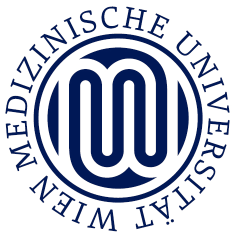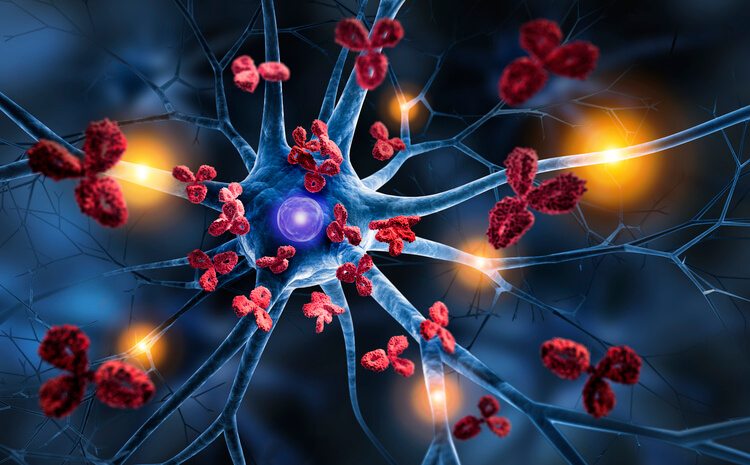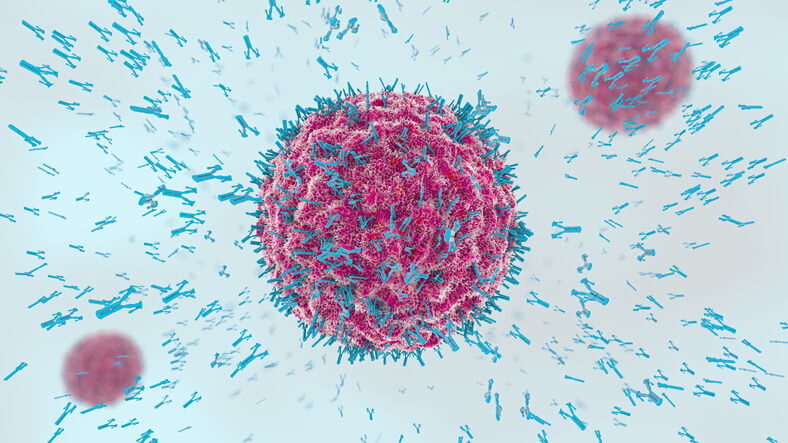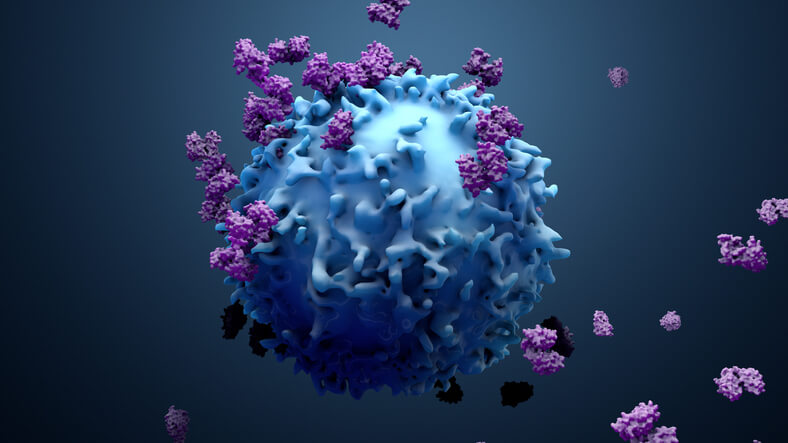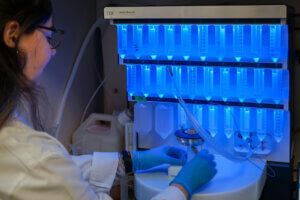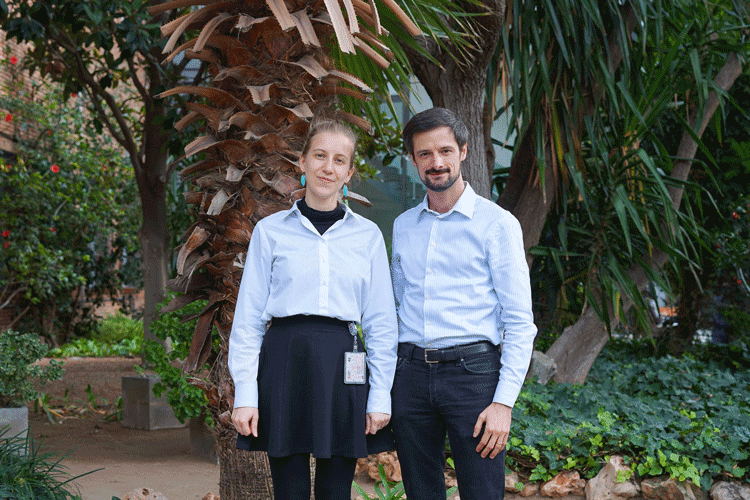The blood-brain barrier (BBB) is a major obstacle for delivering drugs to the brain. Protein and nucleic acid-based therapies offer great potential to treat neurological diseases such as epilepsy, neurodegenerative diseases, and brain tumours. However, these therapies often fail to reach their target, the brain, in sufficient quantities, due to the low permeability of the BBB.
In the Biotherapies Laboratory under the ChemSynBio research group at IQS, its staff members study different ways of accessing the brain through the BBB. Among other approaches, the researchers are seeking new peptides that take advantage of the natural gateways to the brain to facilitate access to novel therapies and designing new drug delivery systems to the brain.
This has been the objective of the doctoral thesis that Dr María Celia Lucana has carried out at IQS, under the supervision of Dr Benjamí Oller Salvia within the ChemSynBio group and entitled Development of bicyclic peptides for the transport of bio and nanotherapies through the brain endothelium. Dr Lucana’s thesis was divided into two objectives: the first was to develop bicyclic systems called BrainBikes, which are capable of improving the transport of various loads through BBB cellular models. The second part of her research focused on verifying its functionality using nanometric gene delivery systems.
New Bicyclic Peptides – BrainBikes
In her thesis, Dr Lucana developed a new family of bicyclic peptides, called BrainBikes, that feature resistance to proteases and are capable of transporting various drugs through the BBB.
Different bicyclic systems were generated from a linear peptide targeting the TfR1 transferrin receptor. Among them, the so-called BrainBike-4 showed an order of magnitude higher affinity for the TfR1 receptor compared to the linear peptide. Its function as a brain transporter was validated with a human cellular BBB model, after conjugation with a model protein and with a single-chain variable fragment antibody (scFv), produced within the ChemSynBio group.
BrainBike-4 was two to three times more efficient in transport than other protease-resistant peptides tested in the same BBB model.
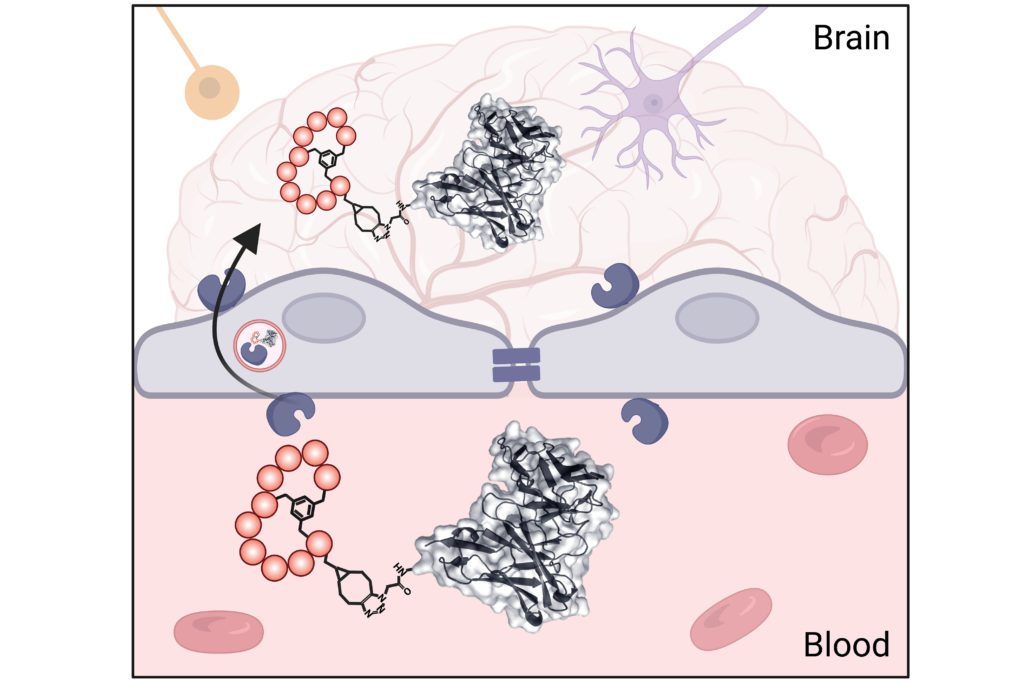
Dr Lucana also studied the application of these new bicyclic peptides in delivery systems based on nanoparticles coated with oligopeptide-modified poly(β-amino esters), or OM-pBAEs, developed by the GEMAT research group at IQS. Starting from the OM-pBAEs, a simplified formulation was created with a single heteromeric oligopeptide, to which a zwitterionic peptide was added. To develop a conditionally active delivery system, a light response mechanism was also implemented in the zwitterionic polymer.
To increase the selectivity of the system against cancer cells, two ligands were explored: an anti-EFGR nanobody and the new BrainBike4, the latter showing good transfection capacity in cells that express TfR1 and, in addition, allowing the transport of the nanotherapy through a human BBB model.
With her research, Dr Lucana has demonstrated the potential of bicyclic peptidomimetics as brain transporters, and has introduced new approaches for the selective transport of bio and nanotherapies, advancing the development of targeted delivery systems and precision medicine.
A portion of this research was carried out in collaboration with Dr Roland Hellinger at the Center for Physiology and Pharmacology at the Medical University of Vienna (Austria) thanks to a grant from the European Peptide Society (EPS).

Related publications
Maria C Lucana et al., Protease-Resistant Peptides for Targeting and Intracellular Delivery of Therapeutics, Pharmaceutics 2021, 13(12), 2065
Maria C Lucana et al., BrainBike peptidomimetic enables efficient transport of proteins across brain endothelium, RSC Chemical Biology, 2024, 5(1), 7-11
This article forms part of the special collection RSC Chemical Biology – Editors Choice Collection 2023
Maria C Lucana et al., Development of simplified, photo-active, and TfR1-targeted poly(β-aminoester)-zwitterion nanovehicles for gene delivery across brain endothelium, 2025, preprint available in ChemRixv
Prizes awarded
Maria C Lucana et al., BrainBike peptidomimetic enables efficient transport of proteins across brain endothelium, Best short oral communication at the “XVIII Iberian Peptide Meeting,” Sesimbra (Portugal), November 2023.
Maria C Lucana et al., BrainBike peptidomimetic enables efficient transport of bio and nanotherapeutics across brain endothelium, Best poster communication at the “13th Austrian Peptide Symposium (APS),” Vienna (Austria), December 2024.
This thesis has received support within the PRO-ANTIBODY project, funded by the la Caixa Foundation (LCF/BQ/PR21/11840002), and the APTIBody, project, funded under the Ministry of Science and Innovation State Plan MCIN-AEI (2020-117486RS-100).












